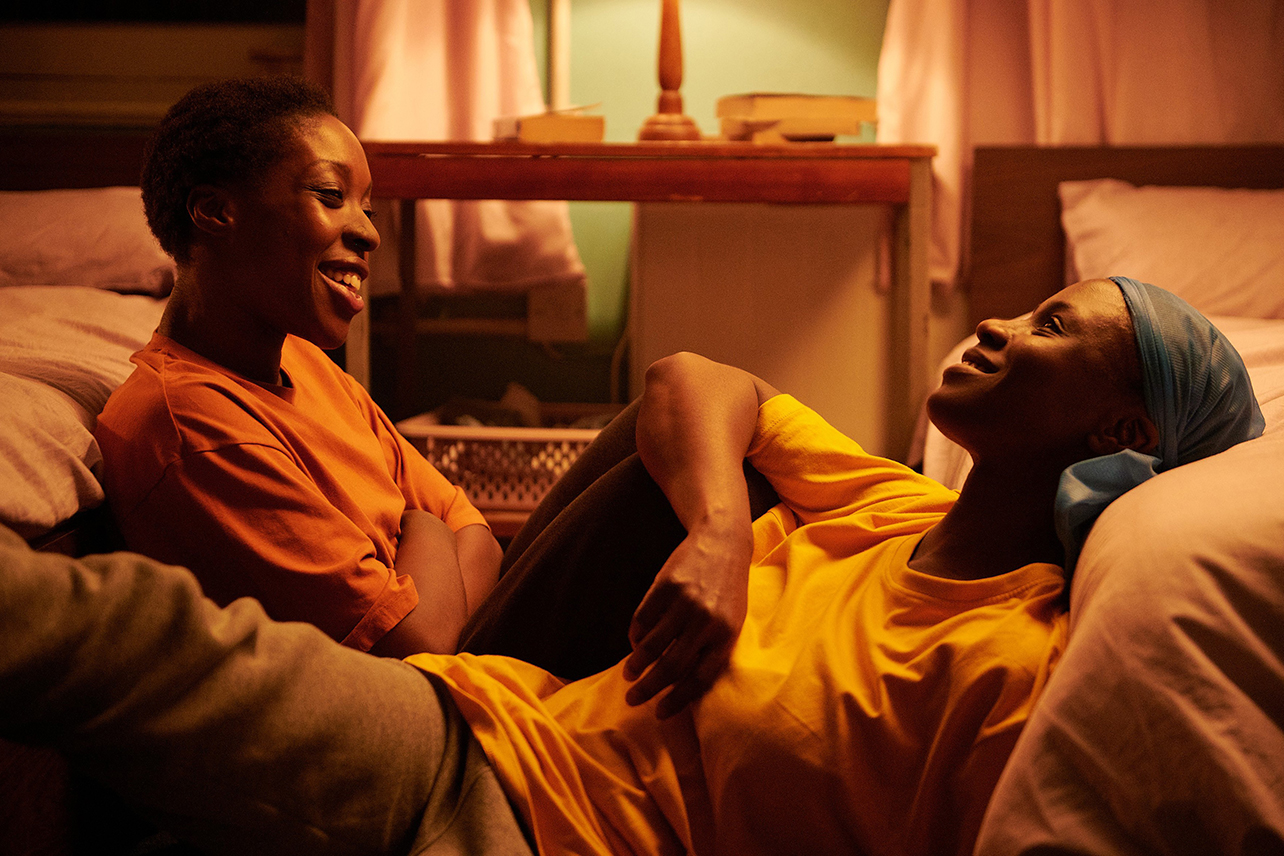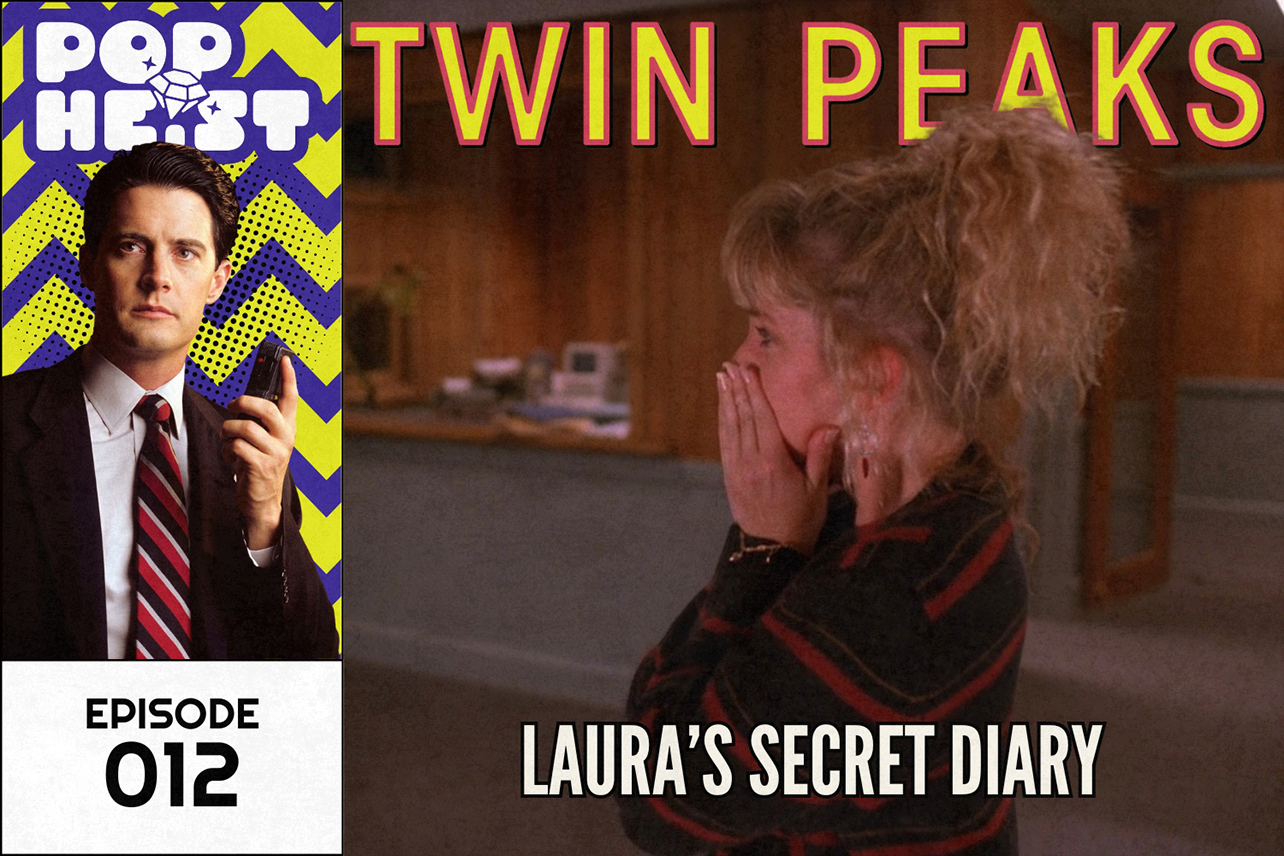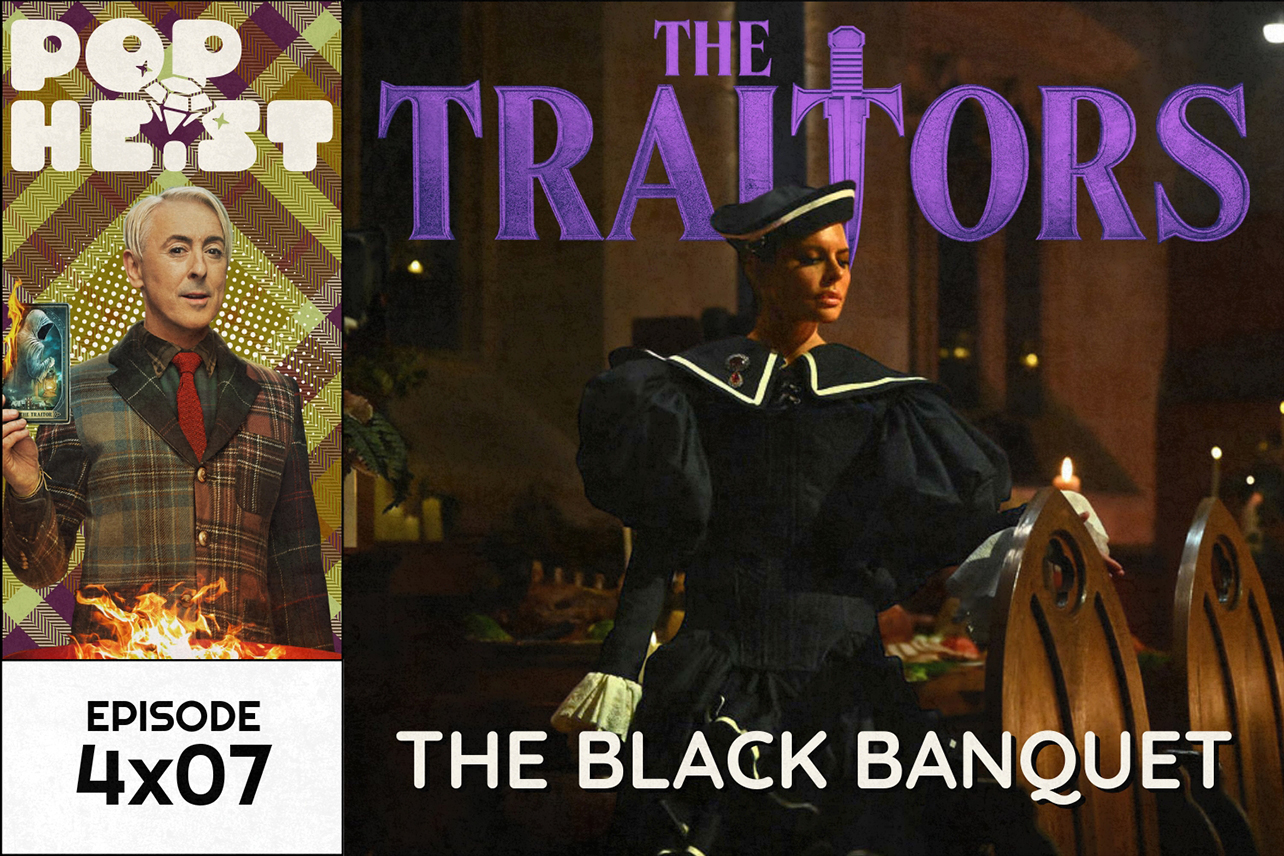Dreamers
Writer: Joy Gharoro-Akpojotor
Director: Joy Gharoro-Akpojotor
Cast: Ronkę Adékoluęjo, Ann Akinjiri, Aiysha Hart, Diana Yekenni, Harriet Webb
The windows of Hatchworth Removal Centre are embossed with iron bars, the fence along the perimeter has barbed wire running across it, and CCTV cameras observe the every move of the residents inside. The building that holds asylum seekers who have entered the United Kingdom illegally might not declare itself as a prison, but it is that in all but name. Trapped inside the centre, where Joy Gharoro-Akpojotor's directorial debut Dreamers is set in, are a group of migrant women who each have been paired off into rooms together, their freedom as human beings denied until they receive judgement from the British asylum system.
One such pairing is of Isio (Ronkę Adékoluęjo), a Nigerian refugee who has been working in London illegally for two years, and Farah (Ann Akinjiri). Isio arrives solemn and scared, in a jet-black wig that threatens to swallow her face. Still, Isio remains naively optimistic that the system will grant her asylum. She is escorted into a room by a guard (Harriet Webb) who issues her with a disingenuous "we're here to help" after a monotonous and well-rehearsed explanation of how the establishment works: she is to be allocated phone credit of £5 but is not allowed social media and will only receive three chances to appeal before being deported back to her home country.
Farah, on the other hand, is well established in the centre. She is on her third appeal and does not have that same naivety. When Isio spends her first few days sleeping, cocooned under the covers in the fetal position, Farah seeks to help her roommate emerge from her despondence and to assimilate into the new social structure she has found herself in. Assimilation, and the struggle to do so without compassionate support, is ultimately what Gharoro-Akpojotor's Dreamers is about.
Isio can't assimilate into British society because of fascist and racist ideals that exist around immigration and asylum seekers. She is bullied into purchasing items for a group of women who threaten her for sitting on their bench, thus stopping her from existing as freely as she possibly could be within the centre. Isio's reasoning for seeking asylum is that her queerness is illegal in Nigeria and she will be subjected to deplorable acts upon her return. Isio and Farah's brief, initial friction shifts when they come together as romantic partners, so they can survive together in this dehumanizing, bureaucratic hellhole. Dreamers is about the freedom to assimilate, to be a part of a whole as a lover, a worker, or — as it must be stressed since the British media constantly pare the experiences of immigrants down to statistics — as a real person with real feelings whose traumas are genuine.
This striving for connection is what drives Dreamers. Platonically, through Isio forming a bond with fellow migrants Nana (Diana Yekinni) and Atefeh (Aiysha Hart); and romantically, as the film tracks the relationship between Isio and Farah, where it evolves from an initial hesitancy to be vulnerable into one that is overwhelmingly, almost feverishly romantic. Adékoluęjo and Akinjiri are intoxicating together as their flirty conversations glint with a sense of raw honesty hiding underneath the pain that their situation bestows upon them. A shot that slowly pushes in towards the two lovers cuddled in bed — sharing their limited space and time together after being separated due to Isio losing her temper at her bully — has enough emotional force to knock out an elephant.
In this intimate story of hope in the hellish malaise of a removal centre, their romantic entanglement is the only thing protecting Isio and Farah from the soul crushing confines of white walls and the nightmares that infiltrate their dreams. Throughout Dreamers, which invokes the grand yearning of noted romantic director Wong Kar-wai, nightmarish images of deep crimson pierce through the disturbed sleep of Isio. This particular image isn't contextualised, but this is something called a Mmanwu, a traditional Nigerian masquerade meant to invoke ancestral spirits and reserved only for men to dance in.
For Isio, the Mmanwu that she sees when she closes her eyes does not invoke spirits, but rather the demons of her time in Nigeria where she was forced into a form of conversion therapy. The tortuous effect of these images on Isio are strikingly realized through the work of editor Arttu Salmi — who splices them in to the narrative as intrusive PTSD flashbacks — and through the stunning visuals of DOP Anna Patarakina, who shoots these Mmanwu nightmares as looming devils beneath hellish scarlet skies.
At first glance, upon reading a plot summary of Dreamers, one would assume that the film is overtly political around the asylum process. Contrary to this, Dreamers tackles these political notions in a more nuanced, empathetic fashion. Even when Gharoro-Akpojotor's script deviates in these moments to more blatant discussion around the process that has trapped them together, the film spends time reminding audiences that these characters must be strong and have internal love to survive, as well as external. There may be discussion around the intangible, confusing nature of the process, which is designed to be unforgiving and cruel — invasive interview questions around her sexuality include having kissed a man and if Isio has had sex with a penis — but Gharoro-Akpojotor deftly explores this incensed political story through a deeply personal lens.
Per Gharoro-Akpojotor director's statement, "This is not a story of what it means to be an immigrant or how appalling the immigration system is, even though those things are true." This is apparent in the film as it never dwells on or preaches didactically about how difficult the system is across its slightly too lean 78 minute runtime. Gharoro-Akpojotor herself experienced the asylum process. This personal attachment to the story adds emotional potency to a film that is already a stirring, impassioned, deeply moving picture on love and the freedom to exist.






